32 things that personal trainers want you to know
This collection of things personal trainers want you to know should help you plan and do your workouts with expert precision
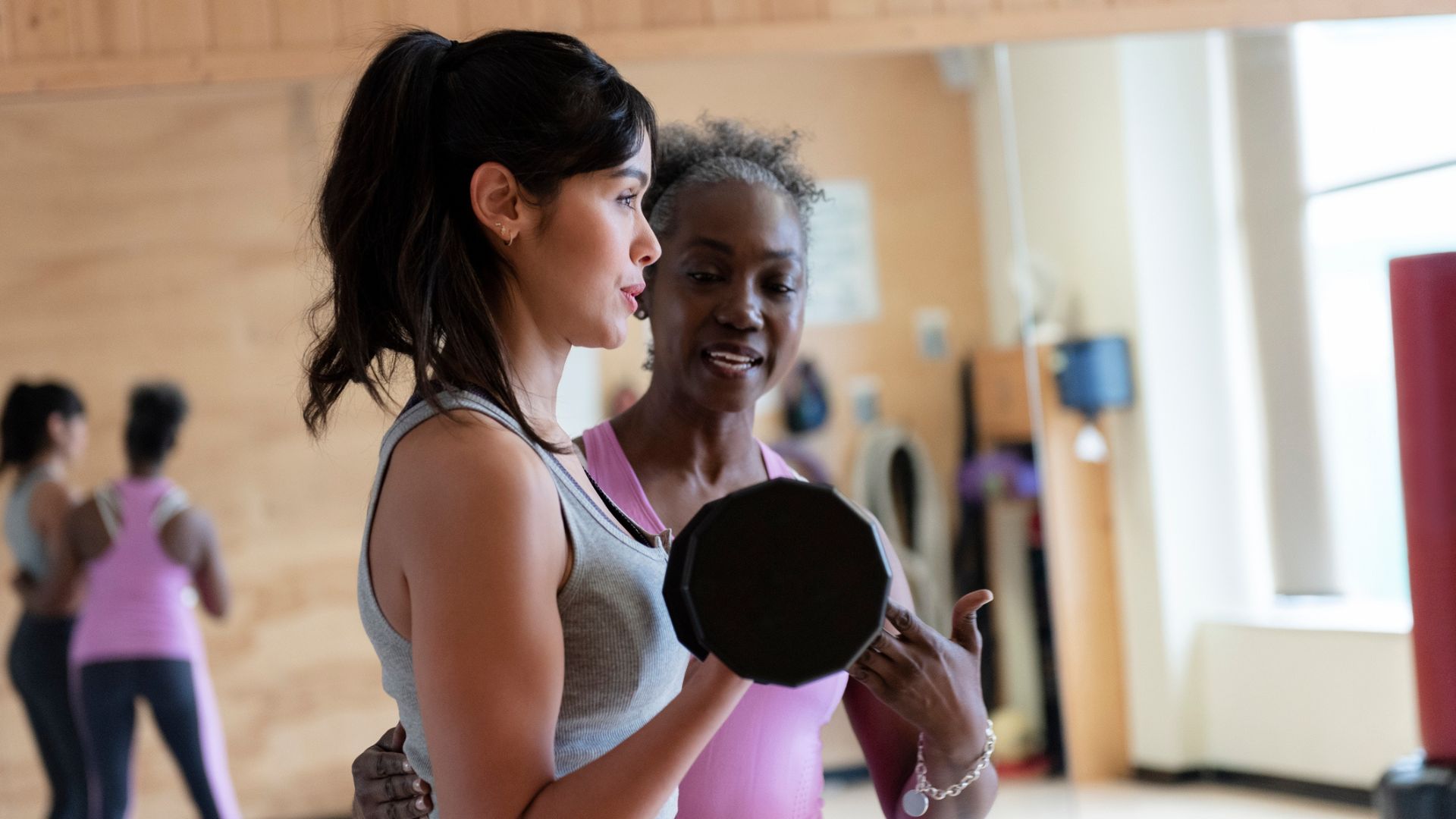

This collection of things personal trainers want you to know covers all elements of working out, from best gym practice and how to structure a workout to the tips and tricks you need to know to get the most from your routine.
Personal trainers are the experts when it comes to the best ways to work out in the gym and how to adjust your routine to work for you, just like running coaches have it covered when you're training for your first 10km run or marathon. Whether you have your own PT you see once or twice a week or you follow advice from trainers online, most of us have experience with these experts.
As a Health editor, I've spoken to hundreds of personal trainers over the years and I've also had my own personal trainer for two years. In that time, I've soaked up everything they have to say.
32 things that personal trainers want you to know
1. You should avoid exercising too much

Most personal trainers recommend you exercise at least twice a week to see progress in your fitness - especially if you're relatively new to exercise. However, too much exercise can have the reverse effect and stop your progress with muscle strains, tendon injuries, and stress fractures.
That goes for exercise on too many days of the week and exercise for too many hours a day. Many personal trainers, unless you're on a specialist training programme (like training for a marathon), will suggest workouts of an hour maximum.
2. Strength training is important if you do cardio exercise
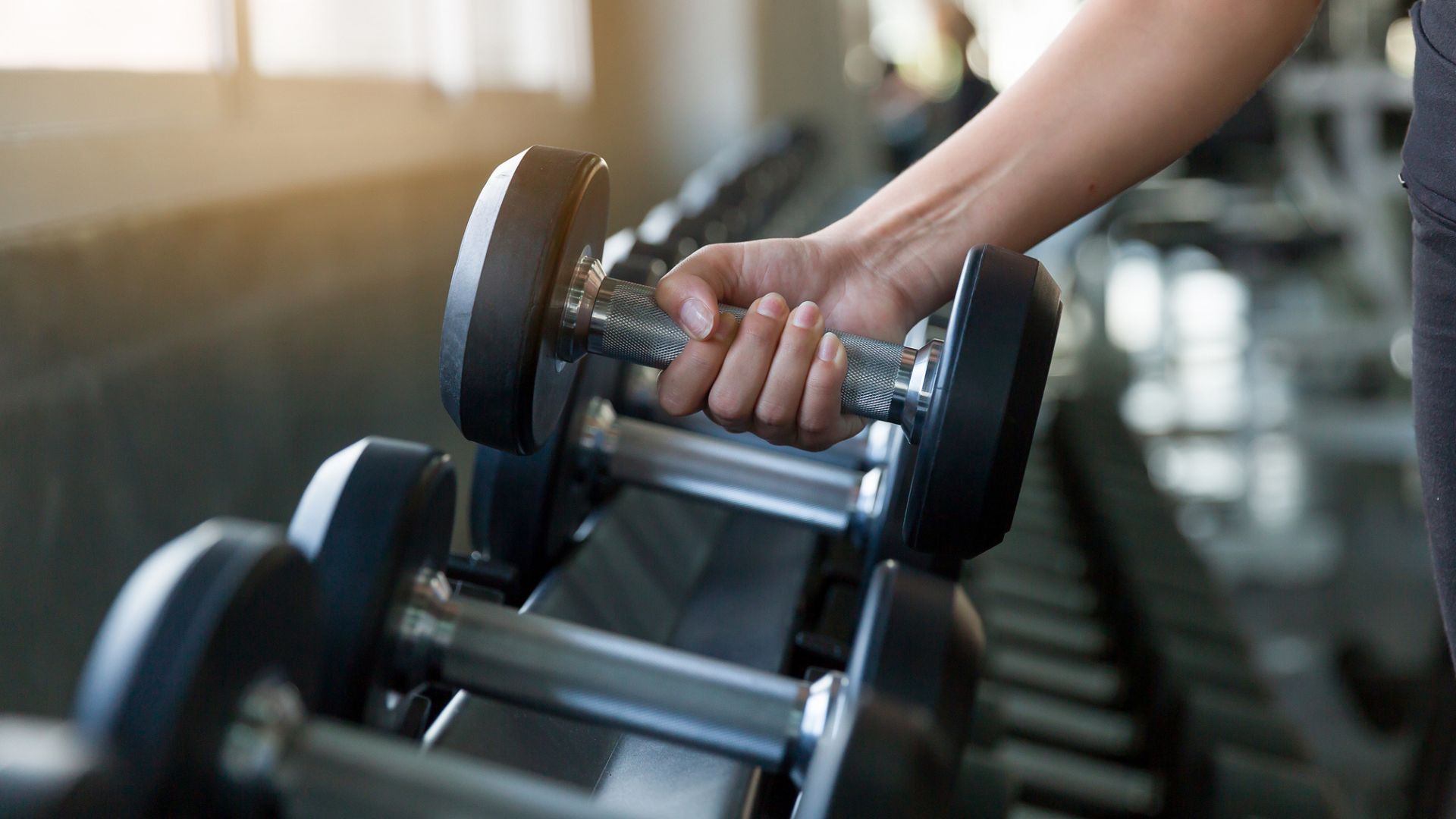
If you're a fan of swimming, cycling, running, or hiking, you also need to be a fan of strength training. Complementing your cardio activity with time spent lifting weights at home or in the gym is the recommendation of many personal trainers as it works to strengthen the muscles you use during your chosen sport and the smaller surrounding muscles.
Doing this can improve performance in your chosen sport and reduce the risk of injuries down the line - especially when it comes to high-impact cardio activities like running.
Sign up to our free daily email for the latest royal and entertainment news, interesting opinion, expert advice on styling and beauty trends, and no-nonsense guides to the health and wellness questions you want answered.
3. You need to rest to get fitter

You may have heard personal trainers talk about recovery days. These are the rest days taken between exercise sessions that give your body time off from the stress of exercise. As well as giving your body time to recover, and reducing feelings of mental and physical fatigue throughout the week, it's on these days that you'll see the most progress. Yes, really. Rest days allow your muscles to recover and repair, growing back stronger than they were before.
Most PTs will recommend at least two rest days per week, unless you're on a high-intensity training programme.
4. You should stick to your routine
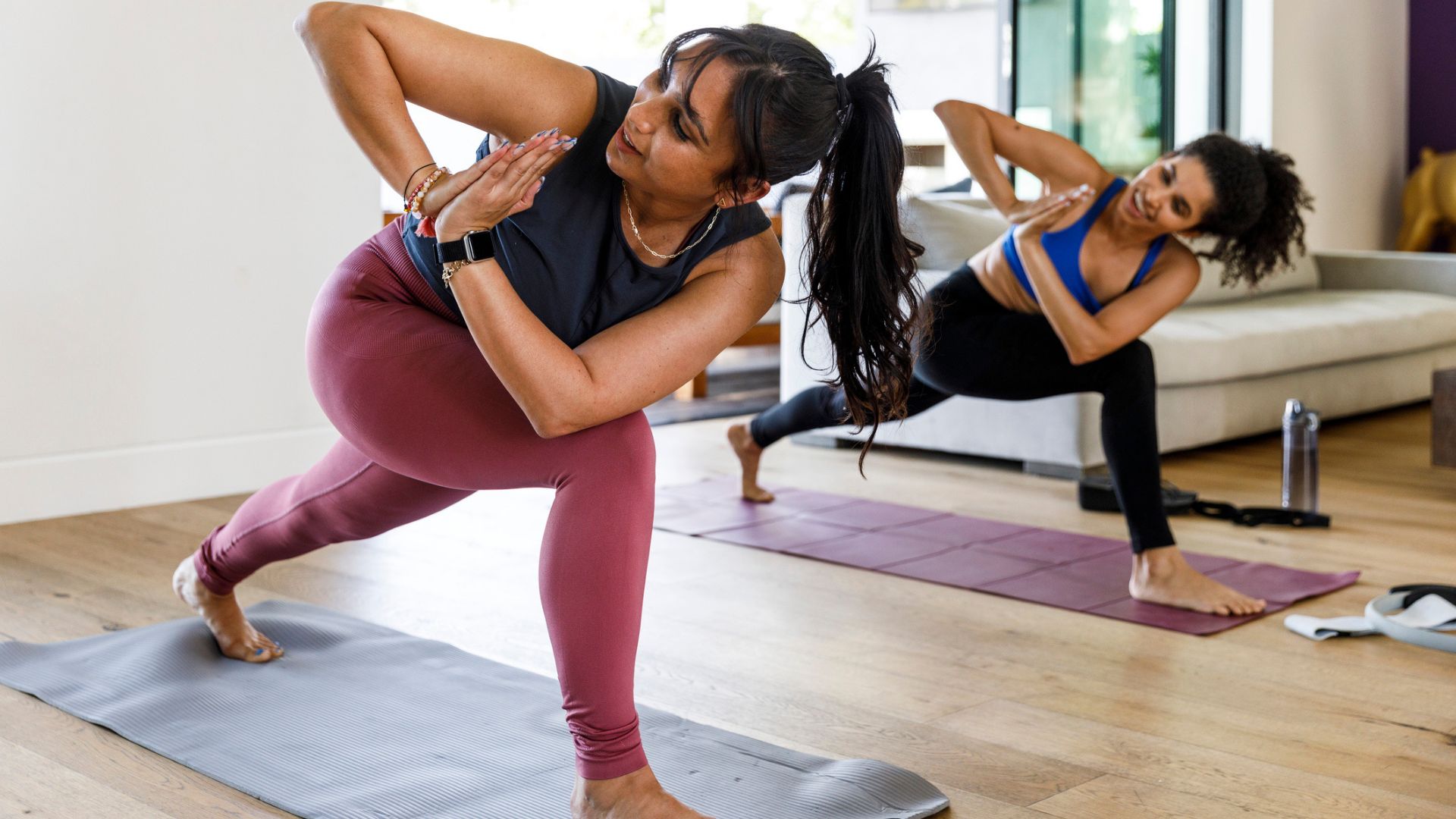
It's fair to say that not all workout plans are exciting after a couple of weeks. Maybe your personal trainer has scheduled an exercise you don't like too much, or you're getting tired of doing the same thing every week.
While personal trainers will (almost) always recommend you swap out an exercise you don't enjoy (since there are always alternatives), you should try and stick to your workout routine for at least six weeks to see results.
5. You have to change your routine sometimes
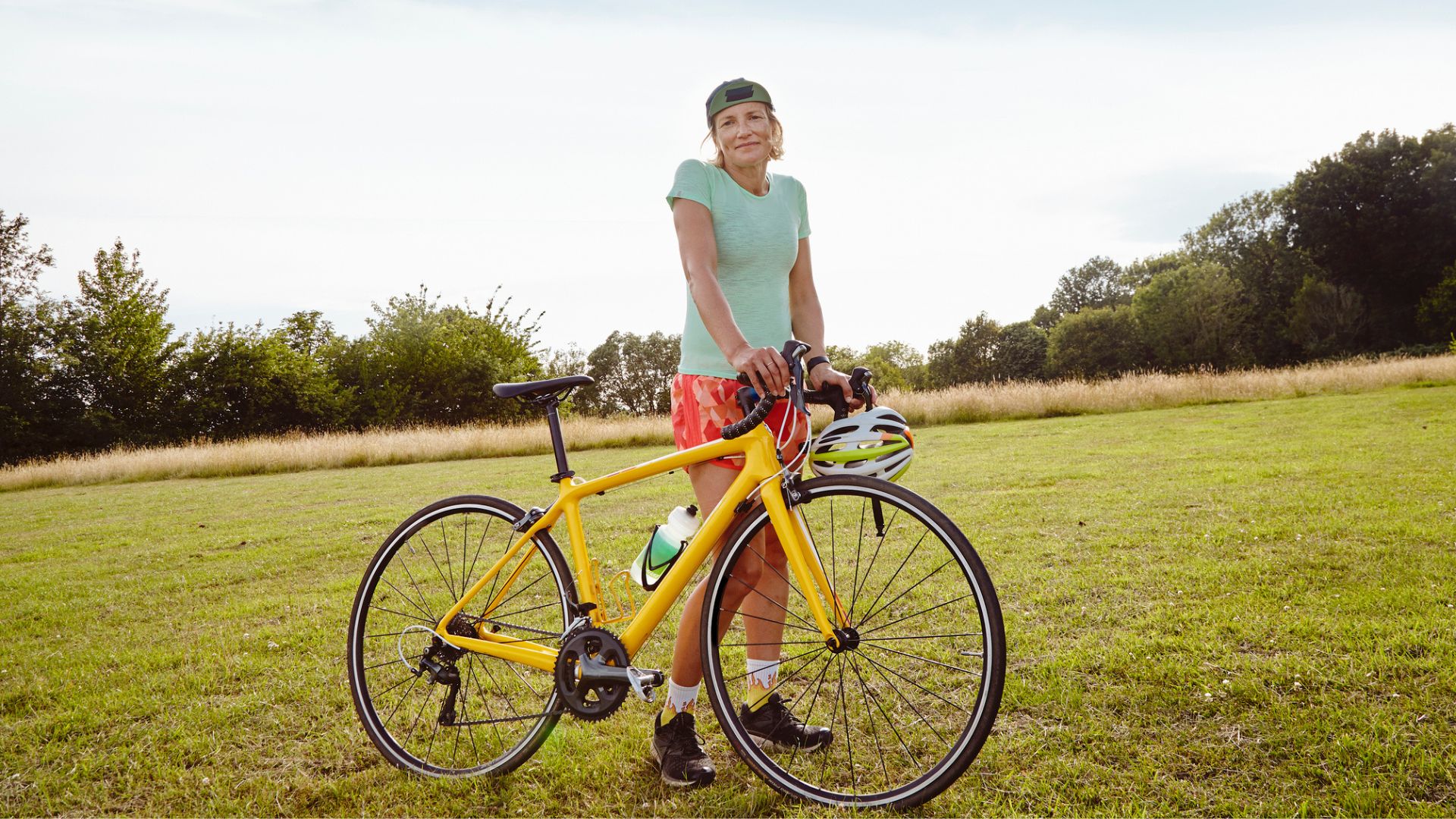
While it's important to stick to an exercise routine long enough to see results, you shouldn't be doing exactly the same workout for months and months on end. Six weeks is the maximum amount of time you should do one workout without any changes, most personal trainers say.
If you continue to do the same workout, with the same weights or the same resistance, without changing it for months on end, your body will get used to the stressor and you'll stop seeing results.
6. You should eat enough protein
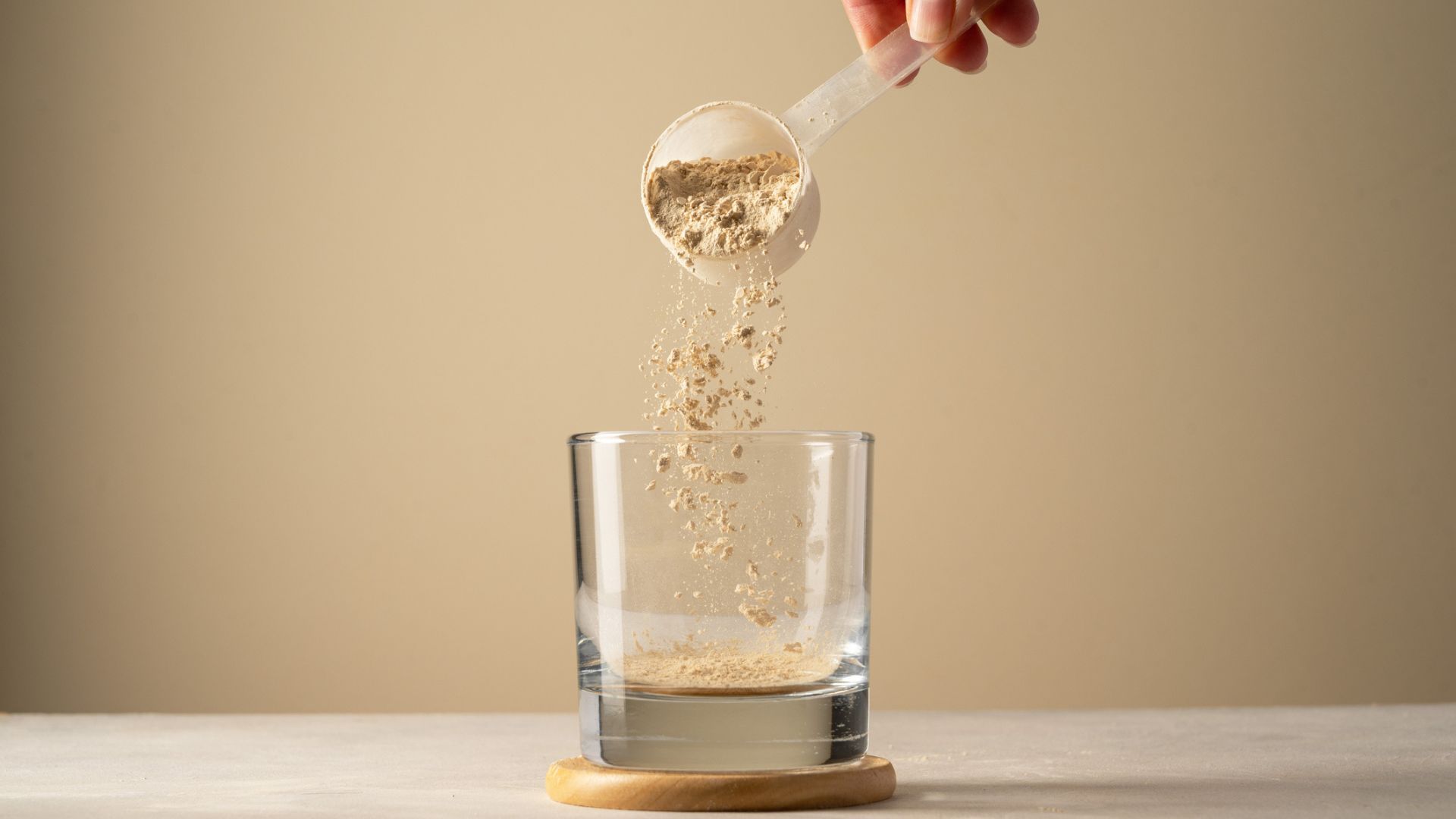
If you're exercising a couple of times a week, you should be eating more protein. While not every personal trainer is qualified to give nutrition advice, this is nutrition 101 when it comes to making progress with exercise.
Protein is the macronutrient most useful to our muscles during the growth and repair process. Typically, if you want to build muscle, you'll need to eat 1.2 to 1.7g of protein per kilogram of body weight per day.
7. You should eat enough carbohydrates
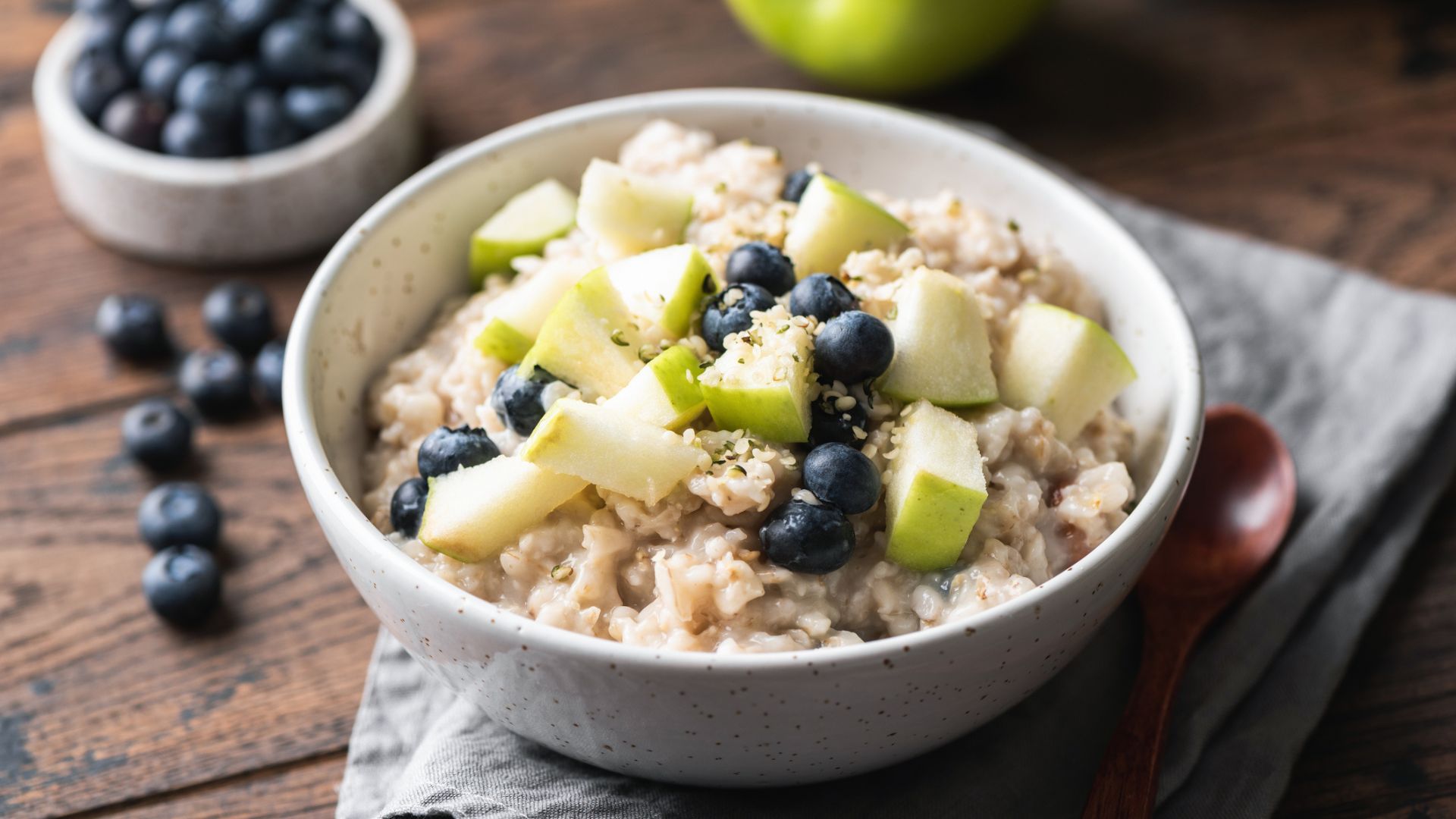
Carbohydrates have gained a bad reputation over the years - especially among those who want to lose weight. While lowering the amount of carbohydrates you eat can help you lose weight (since 1g of carbohydrate attaches itself to 3g of water), many personal trainers want to dispel the myth that you need to reduce or cut carbohydrates from your diet to lose weight or experience significant health benefits.
Unless a doctor or certified nutritionist has advised otherwise, most people should eat carbohydrates every day. This macronutrient is the primary one used by the body for energy, so whether you're exercising or just getting through the day, it's an essential part of a daily diet.
8. You should stretch regularly
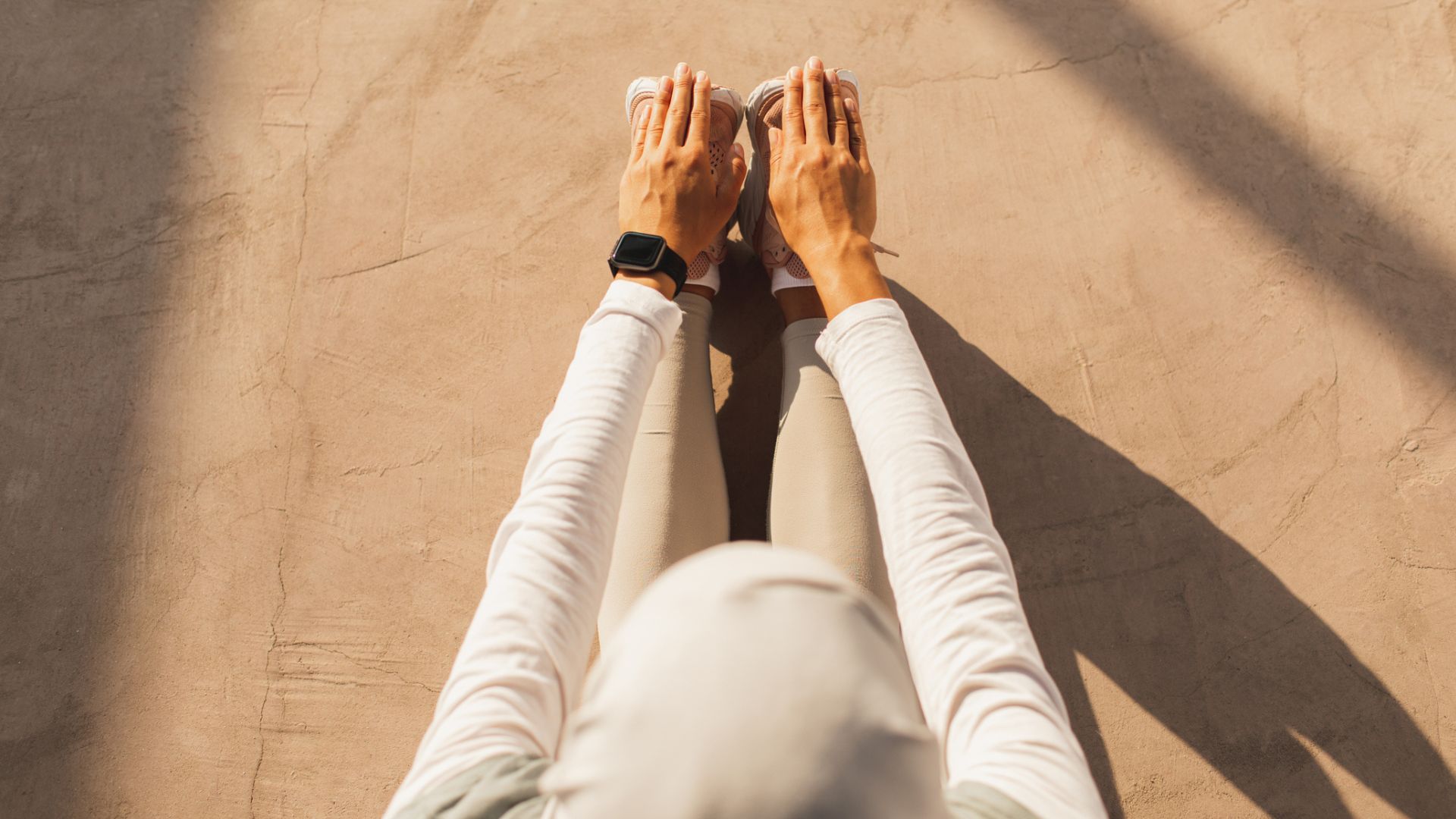
With exercise on the mind, it can be tempting to jump straight into a run, cycle, or gym workout without warming up properly first. Personal trainers will always recommend taking at least five to ten minutes before your workout to stretch out and warm up your muscles. It's essential for reducing the risk of injury during and after your session.
9. You need to exercise outside of personal trainer sessions

My own personal trainer revealed this common gripe in the industry to me recently. While trainers love that you love working out with them, they also want you to work out outside of your session with them. If you don't, you won't see the progress you want.
Most people only see a PT once a week - at most - so it's essential to follow up on these sessions with your own workouts to continue progressing and gaining confidence in the gym.
10. More exercise doesn't always mean more progress
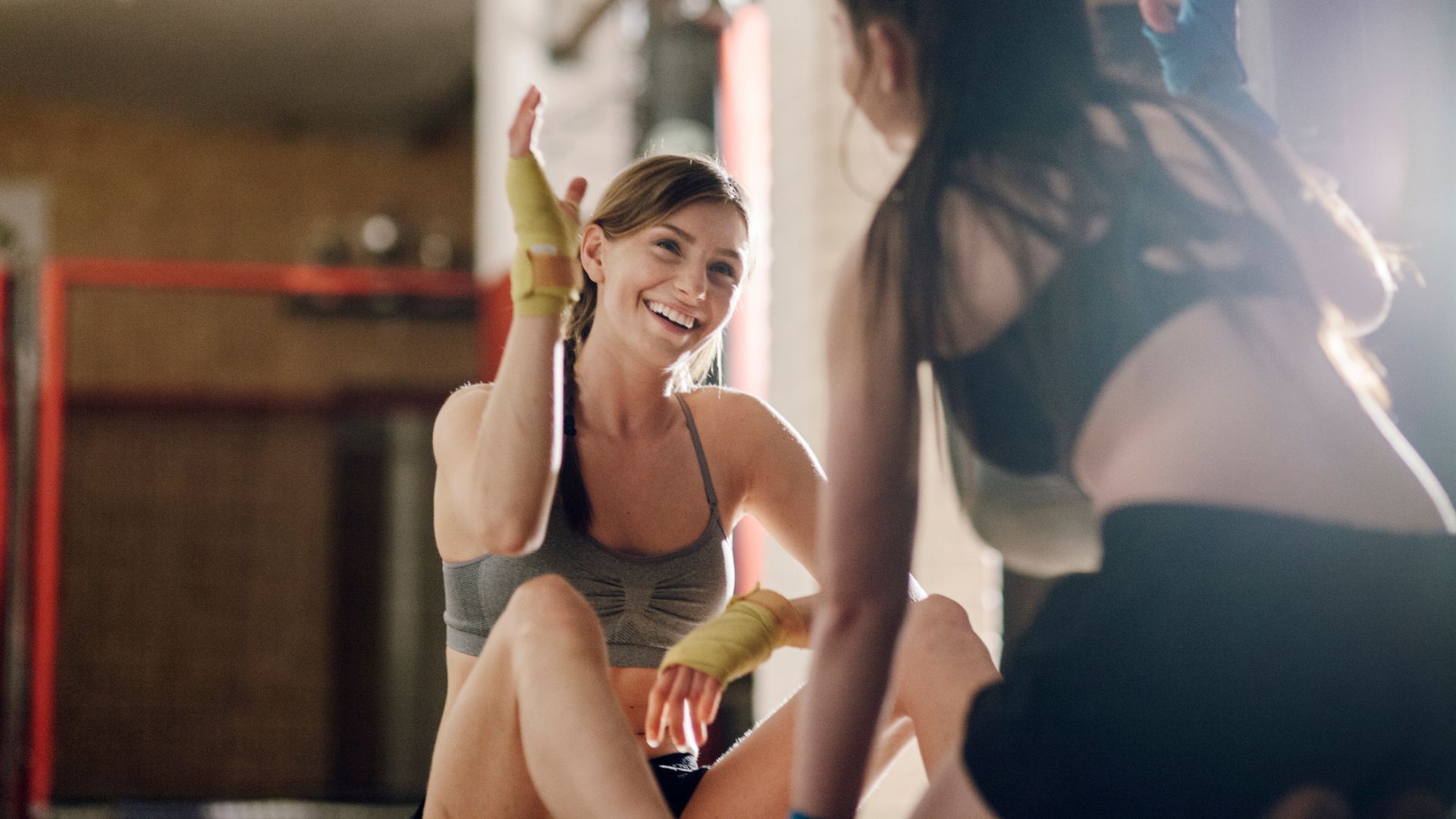
If you (or your personal trainer) have set a specific plan to help you achieve a particular goal - whether that's lifting a particular weight or running a certain distance - doing more than the prescribed amount is unlikely to lead to faster or better progress.
Taking rest days is essential to allow your muscles to recover - but also, more exercise simply means you'll be more fatigued when your next scheduled workout rolls around, meaning you won't be able to give it your all like you otherwise would.
11. Physiotherapy sessions can help you avoid injury
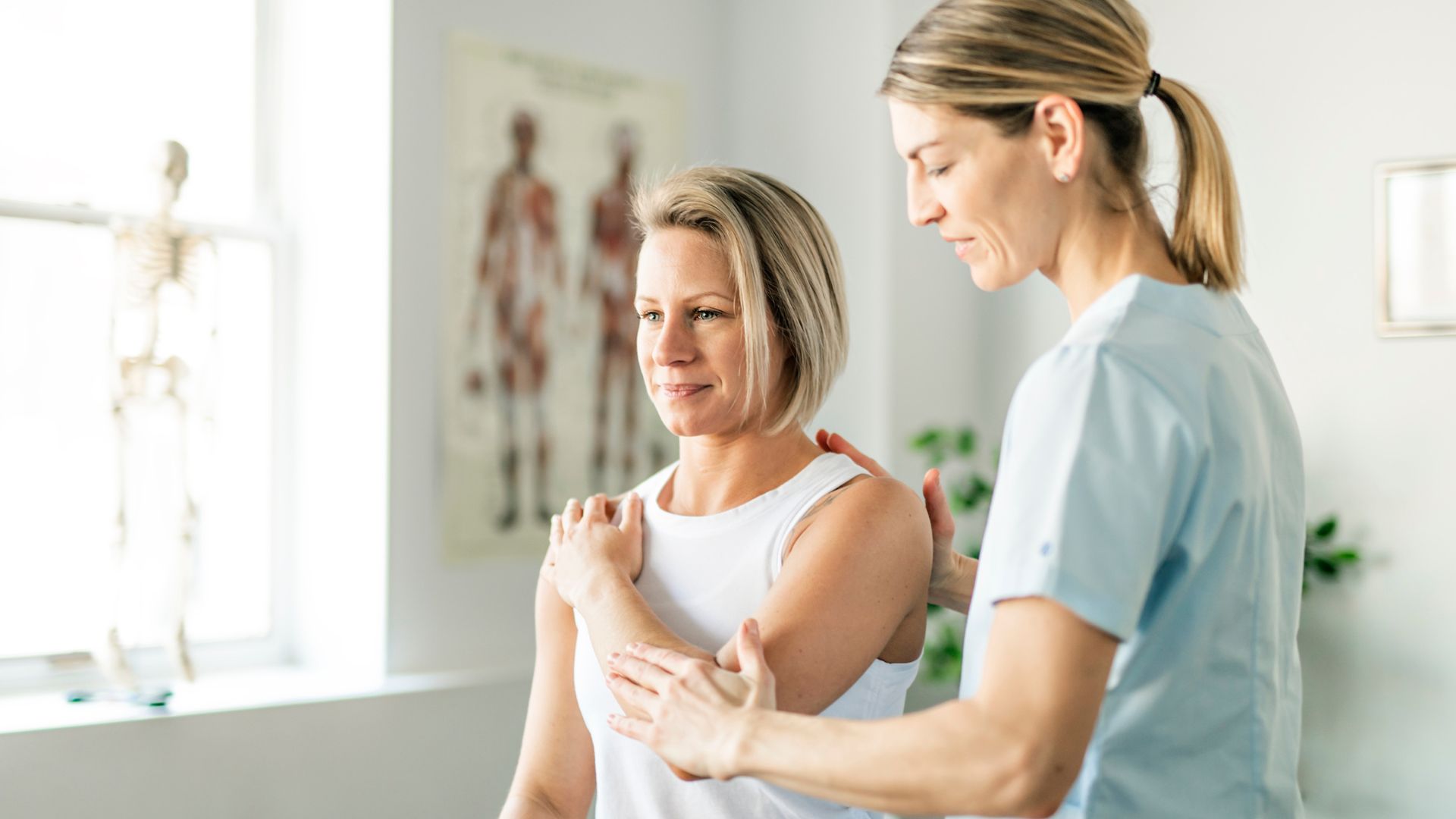
Most personal trainers will recommend visiting a physiotherapist at least a couple of times a year if you're exercising regularly - even more if you're training for a specific event where your workload is higher.
A physiotherapist can help iron out the aches and pains that often come with exercise, alleviating issues like lower back, shoulder, and neck pain, among other common issues. They can also offer specific advice on stretching for any problem areas, which some personal trainers won't be able to do.
12. You should drink more water

When you ask many personal trainers what their number one piece of nutritional advice is, they say it's to drink more water. The amount we sweat is proportional to our metabolic rate, so it differs from person to person, but most people will find they lose between three to four litres of water per hour during intense exercise or exercise in warm climates.
Needless to say, this needs to be replaced to keep our bodies and minds working properly. If you're doing exercise, aim to drink between three and four litres of water a day with additional beverages like tea and coffee.
13. You should drink less alcohol

When it comes to drinking alcohol and exercising, most personal trainers will tell you it's a case of 'everything in moderation'. It's important to incorporate exercise into your life to increase the chance of keeping it up and if alcohol is an important part of your social life (and you have no plans to give it up or reduce your intake for other reasons), then there's no reason to stop. There are even studies from Penn State College of Medicine that show that moderate alcohol consumption doesn't have the negative impact on muscle growth that we once thought it did.
But regularly drinking to excess while exercising will slow down progress or totally prevent it. Not only is a hangover going to stop you from going to the gym and make you feel more tired, but, as most PTs will tell you, heavy alcohol consumption reduces muscle synthesis (MPS) and so knocks the chance of gaining muscle.
14. You should monitor your progress in the gym
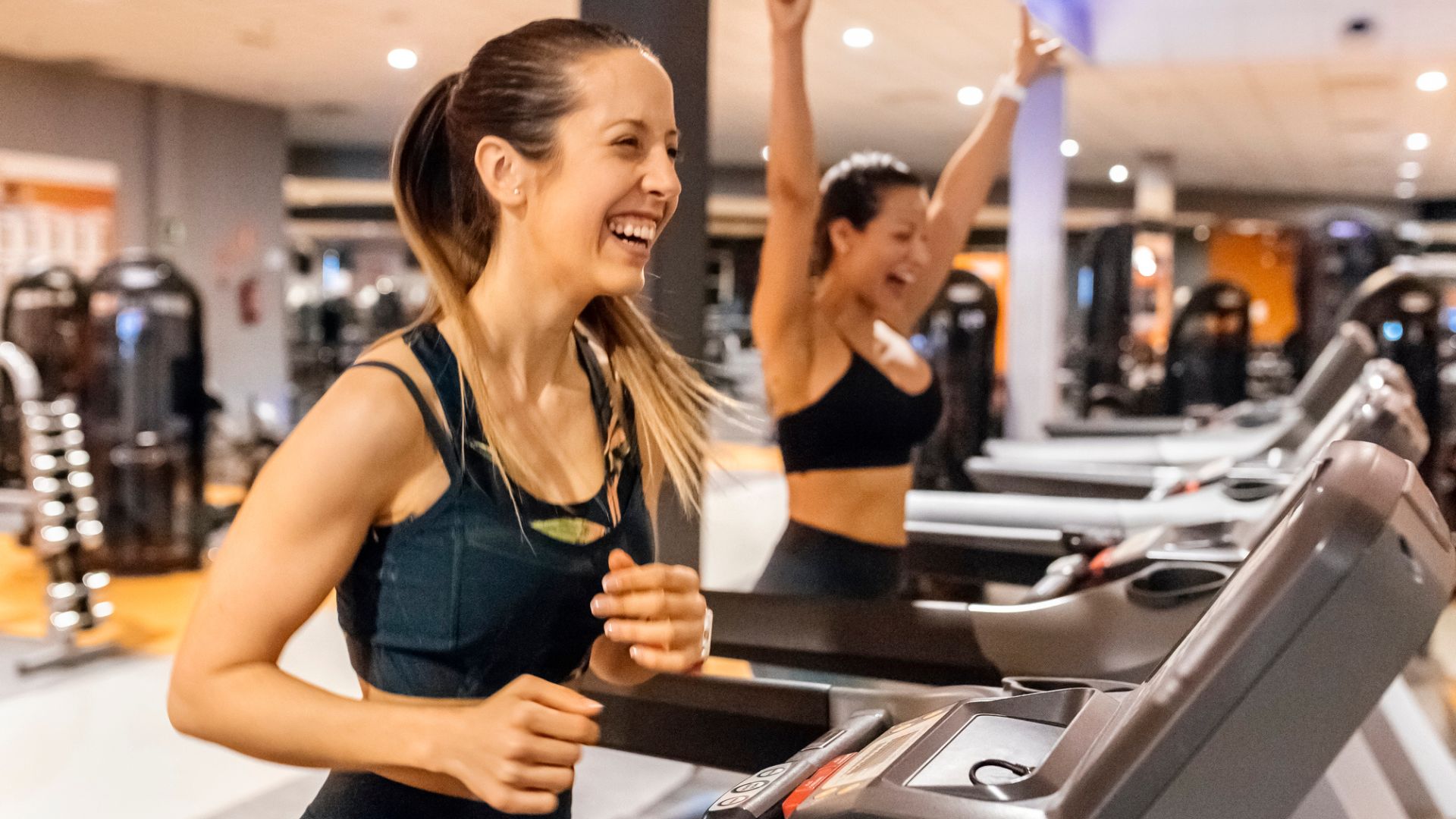
Personal trainers set workout plans for a reason, so it makes sense to monitor the progress you see from them to check if they are working for you - but many people don't do this.
Checking your progress through the weeks won't only give you an idea of whether you're heading in the right direction with your fitness, but it also offers a sense of motivation when you see your results on paper - as well as in the mirror and during your workouts.
15. You shouldn't obsess over the weighing scale
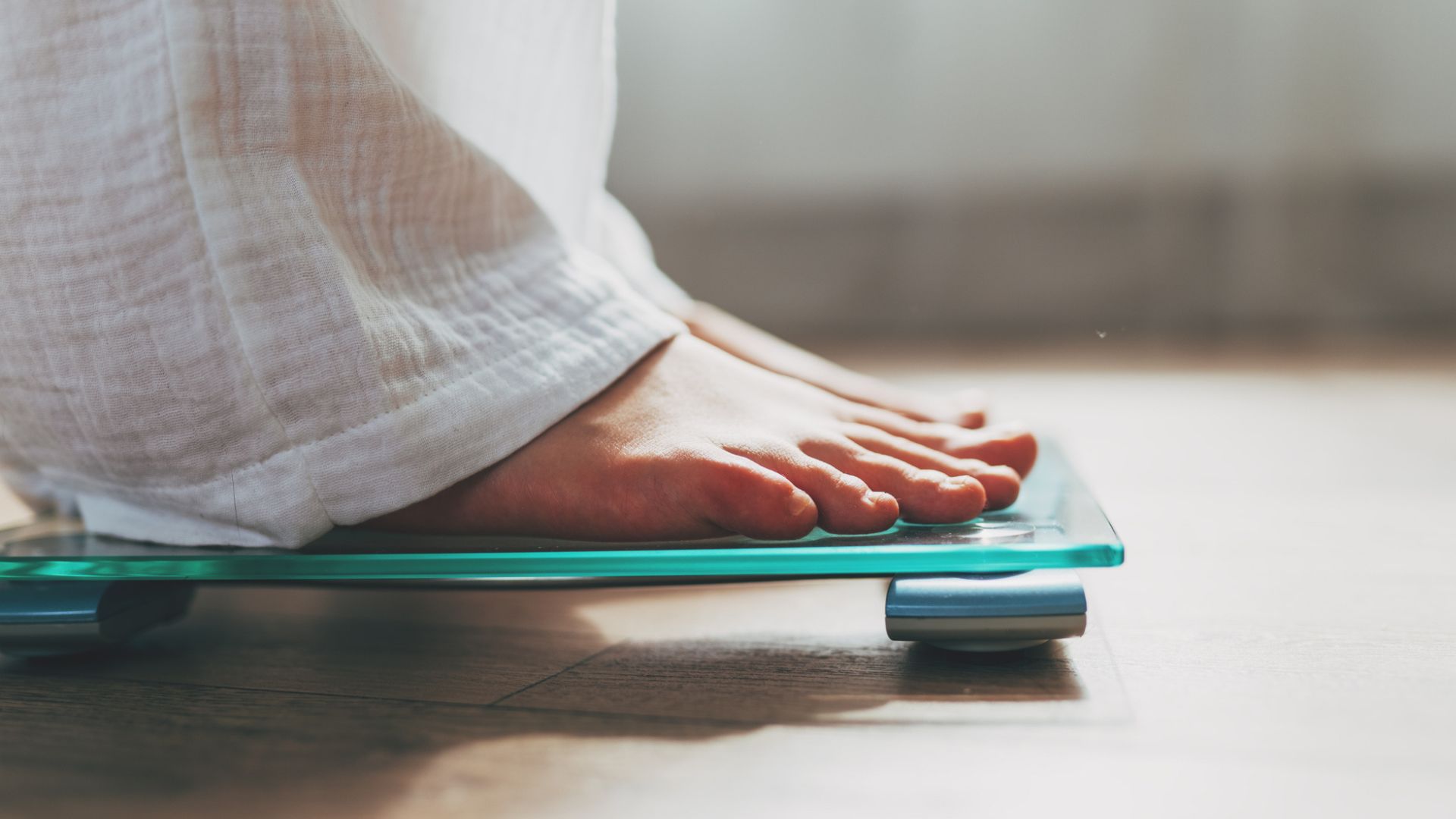
Unless you're training to get to a lower weight for a competition, most personal trainers will tell you to ignore the weighing scales. If you're trying to lose weight, there's value in checking your weight on the scales once in a while - but it shouldn't be the main indicator of your progress.
Putting aside the fact that some scales can be just plain incorrect when they are calibrated incorrectly, any slight weight fluctuation impacts the number you see. That includes water weight and any clothing you're wearing, and factors that have nothing to do with your body. For example, we tend to weigh less in the morning and more during the evening, after we've been eating and drinking throughout the day.
16. You should make your workouts harder over time
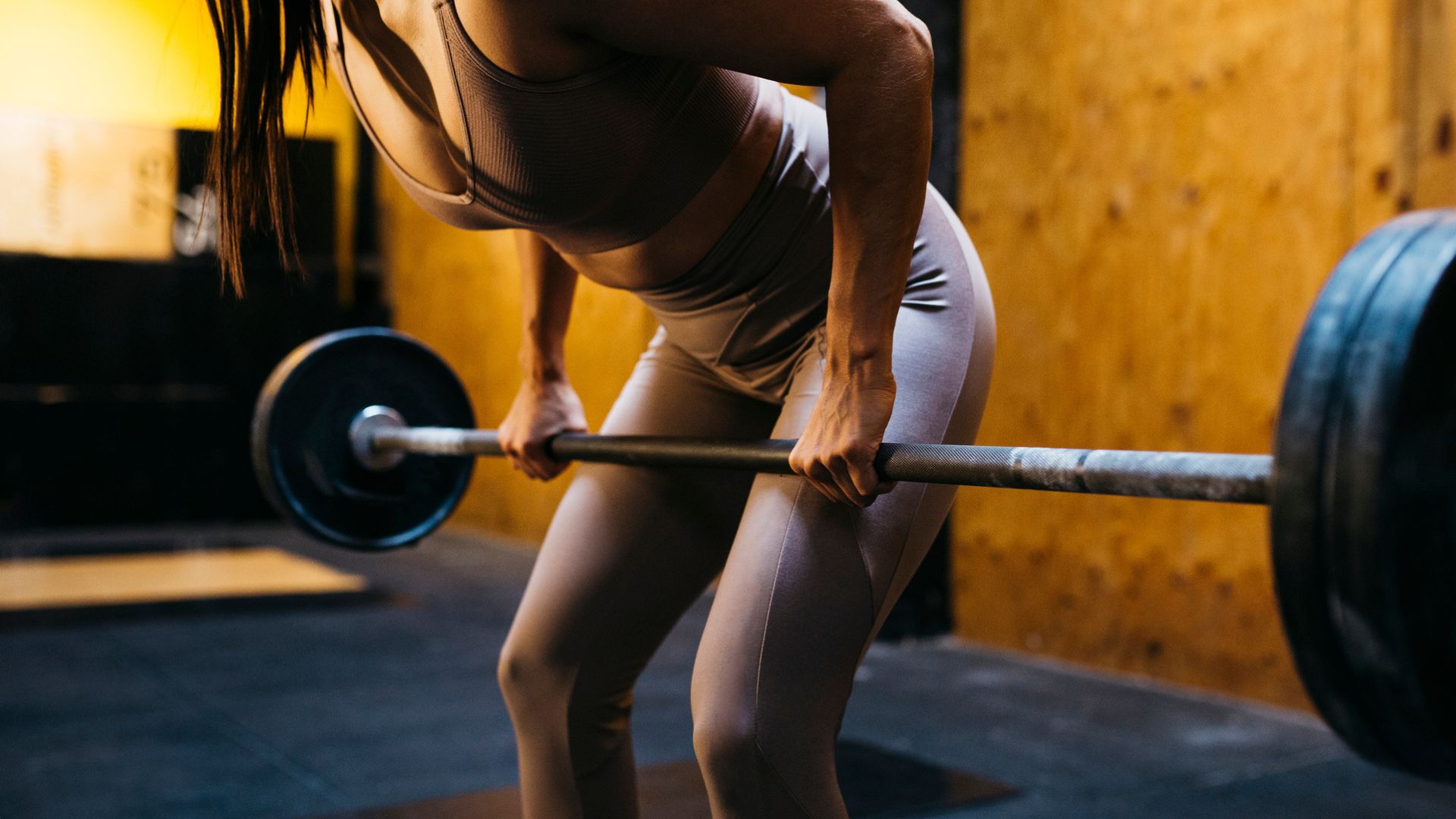
The number one piece of advice most personal trainers will give when it comes to making progress in your workouts is to make the sessions harder as you get better at them. This is known as progressive overload and it's essential for seeing changes.
If you do the same workout over and over, using the same resistance, you'll just plateau and stop making progress. It can be frustrating and demotivating at best and unproductive at worst.
17. You should move more outside of exercise

If you're looking to lose weight, almost all personal trainers will recommend you simply move more throughout your day. Known as non-exercise activity thermogenesis (NEAT), this movement includes activities like walking around the house, gardening, walking the dog, climbing stairs, and so on.
NEAT burns calories and can help improve your metabolic rate, meaning you burn more calories even when you're sat down doing nothing at all.
18. You should sleep more

Everyone knows that rest is important if you're exercising regularly - and that includes a good night's sleep, along with rest days. When I was training for a marathon, the number one question my coach asked me was, "Are you getting enough sleep?".
While the amount of sleep we need differs from person to person, most people need at least six hours every night for a 'good' night's sleep. Sleep helps the growth and repair of muscles after exercise and gives our brain a rest from the stress of daily movement, meaning we feel recovered enough to do all we need to do the next day.
19. You should break a sweat during exercise
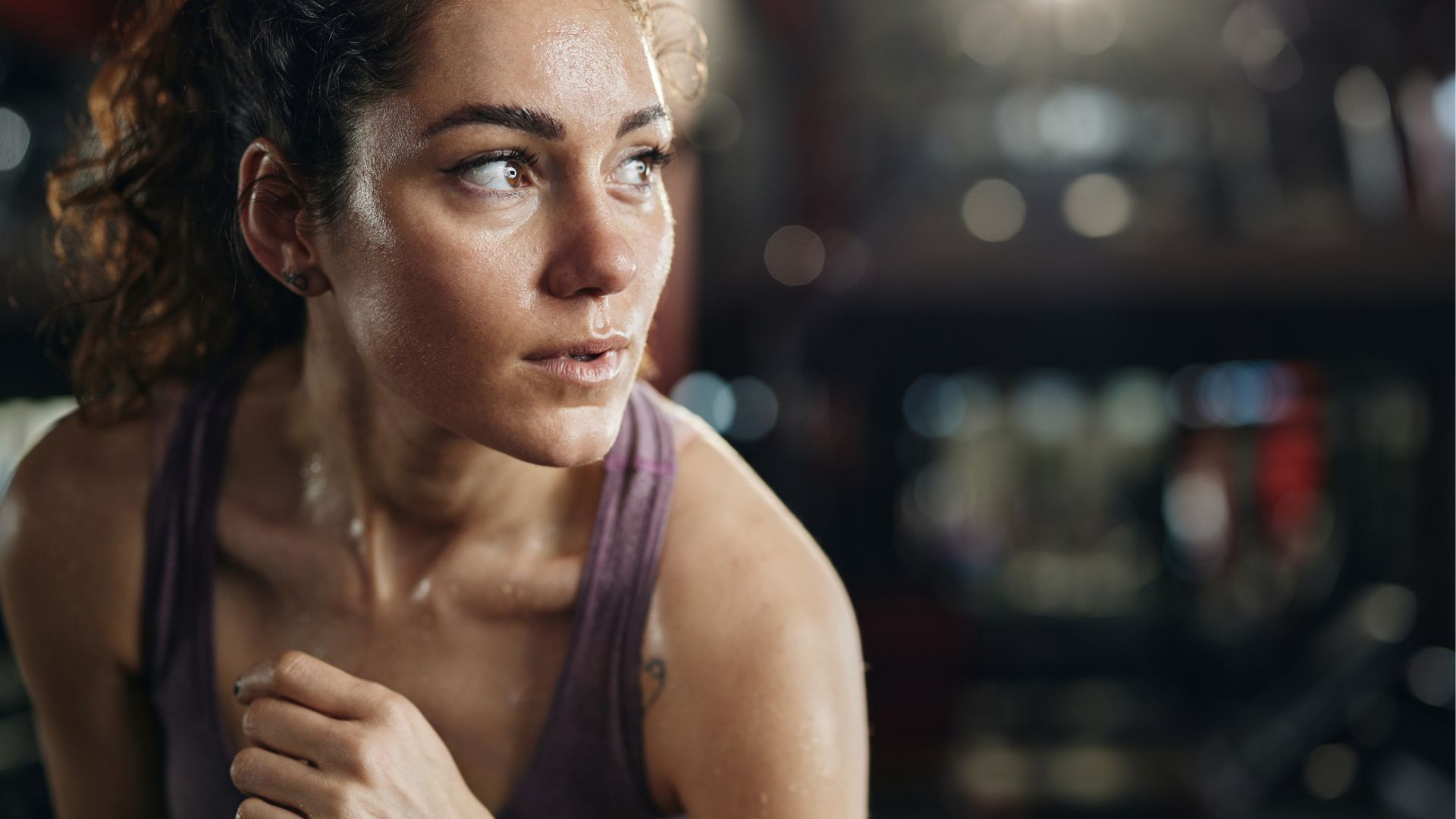
Unless you have a specific health condition that means a doctor has advised otherwise, you should listen to personal trainers when they say that you need to reach an intensity during exercise that breaks a sweat. The NHS and most other international health organisations agree - they say we need at least 150 minutes of moderate exercise every week to stay healthy.
Moderate to high-intensity exercise boosts heart health, burns calories at a higher rate, boosts the metabolism, and improves insulin sensitivity. All these benefits we need to experience to help ward off major adverse health conditions like heart disease, strokes, diabetes, and cancer.
20. You don't have to wear a fitness tracker
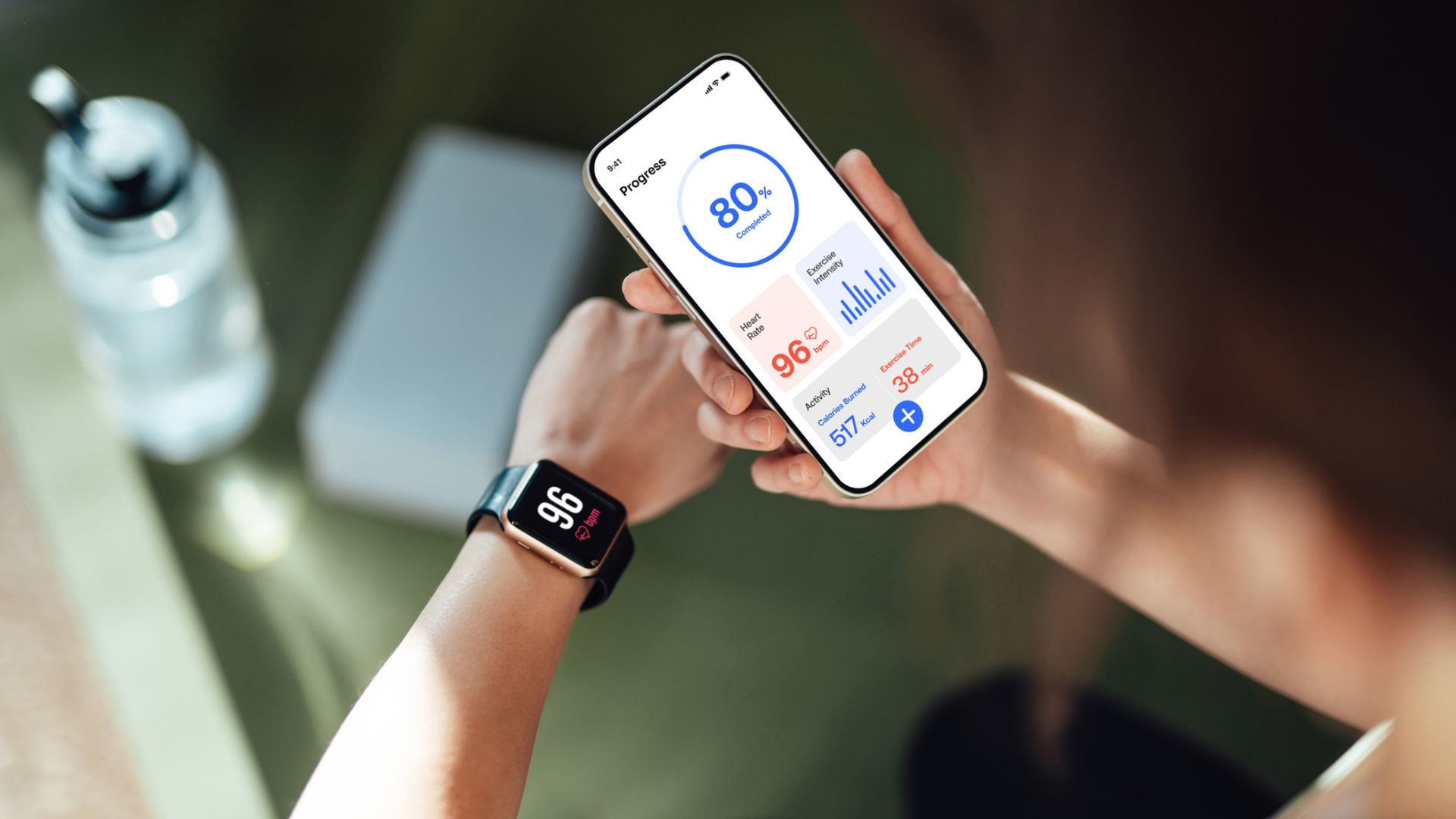
There's no doubt that a fitness tracker can be a useful tool to help track your progress and record your workouts. For example, if you want to run a 5km route and don't want to keep checking your phone, having a smartwatch or fitness tracker can be very useful.
However, as much as many PTs will praise the benefits of these devices, they will say they are not essential. Don't feel like you need to invest in expensive fitness technology to get the most from your workout.
21. You can do your workouts anywhere you like
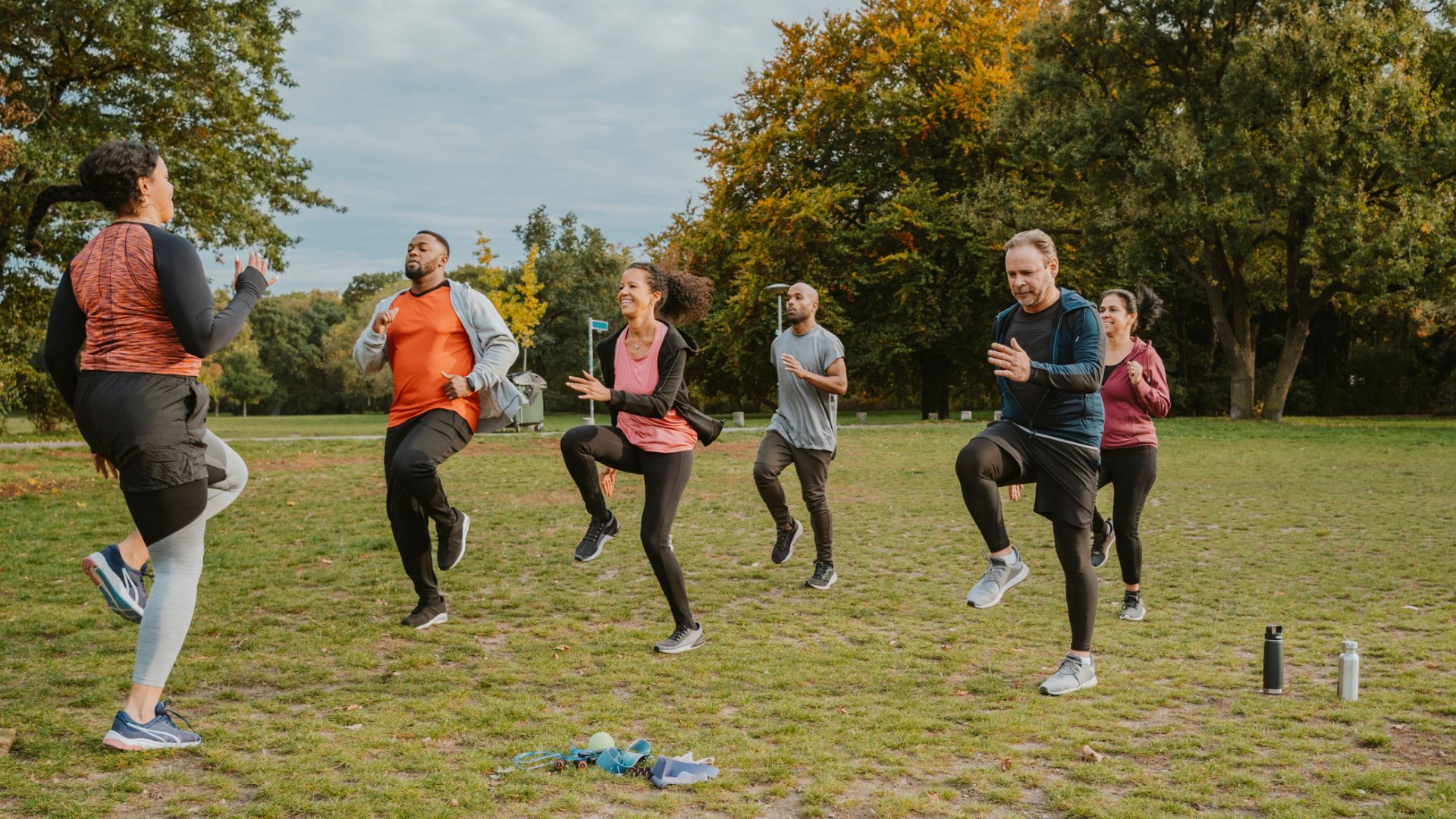
As much as you don't need an expensive fitness tracker, leggings from the latest must-have brand, or running shoes from the best of the best, you don't need to invest big money in a gym membership to get enough exercise.
Most personal trainers will tell you that working out at home is just as good as going to the gym, provided you have the equipment you need - so if going to the gym doesn't appeal to you, then don't feel like you have to push yourself to go. Many PTs are also happy to offer sessions in suitable public spaces (like parks) for those with a limited budget and no desire to go to a gym.
22. You don't need any equipment to work out
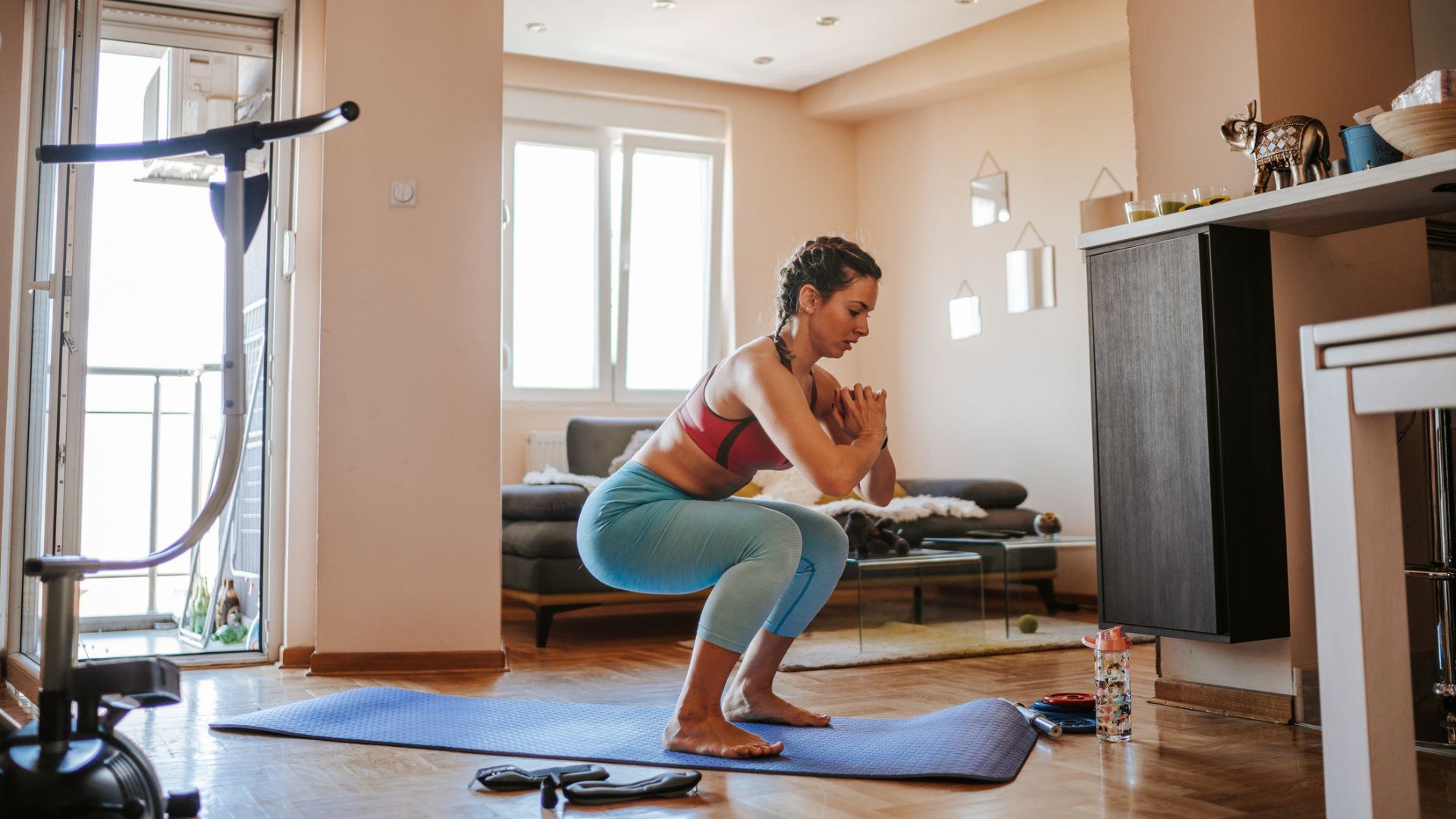
If you're new to exercise, don't feel pressure to invest in expensive weights or workout equipment straight away. Most personal trainers will tell you that you can start to achieve results using your body weight and/or items around the house for resistance (like canned food).
The important part of any workout is finding a plan and workout environment that works for you and sticking to it.
23. Don't feel the need to sweat through every workout
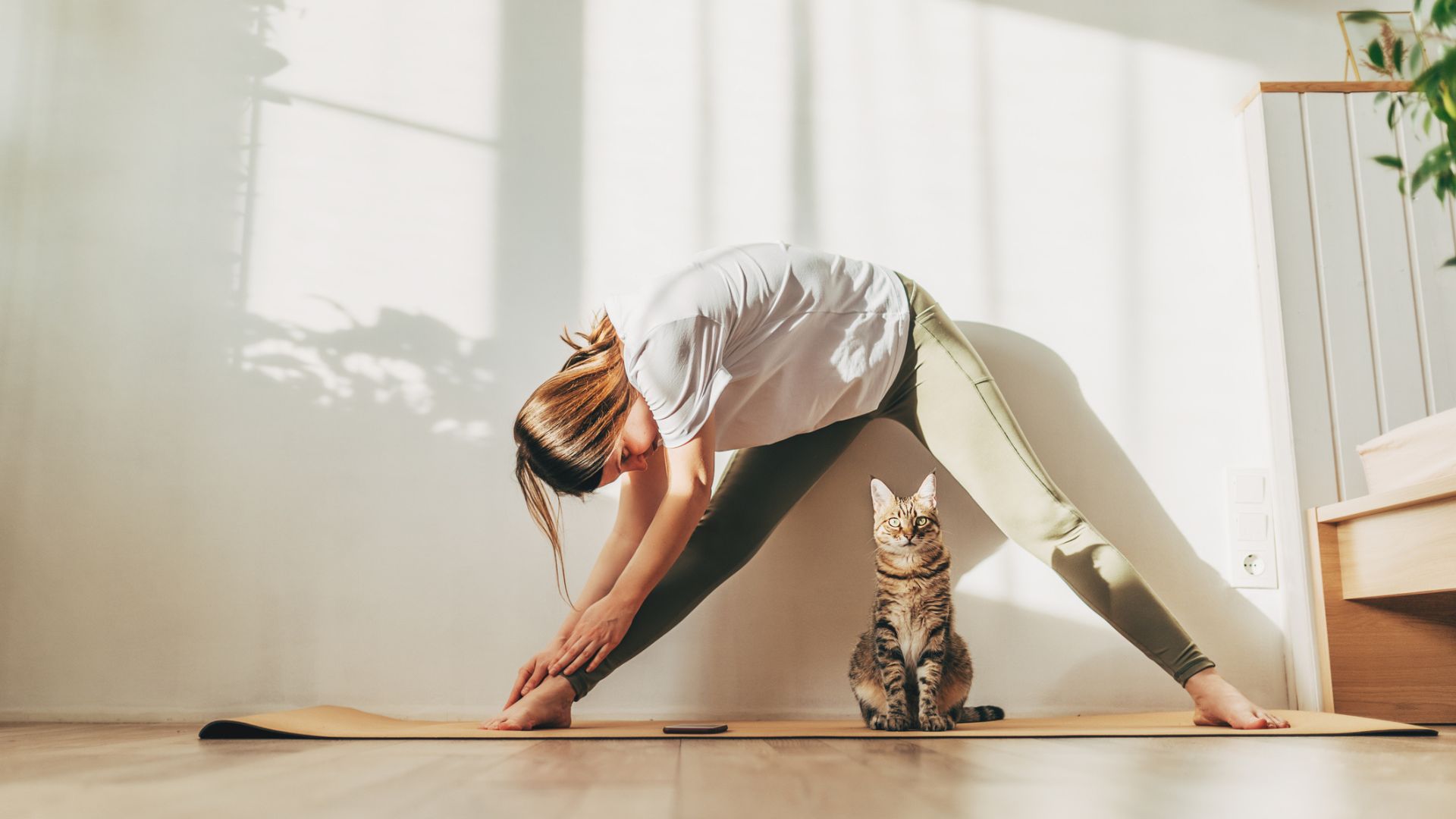
Getting a good amount of moderate to high-intensity exercise is essential for boosting heart health, improving insulin sensitivity, and maintaining a healthy metabolic rate.
That being said, most personal trainers will tell you that not every workout needs to be a sweat session. There's as much value in a gentle yoga or Pilates workout, stretching session, or slow walk as there is in a high-intensity workout if you feel like your body needs the gentle movement.
24. You should always do exercise you enjoy
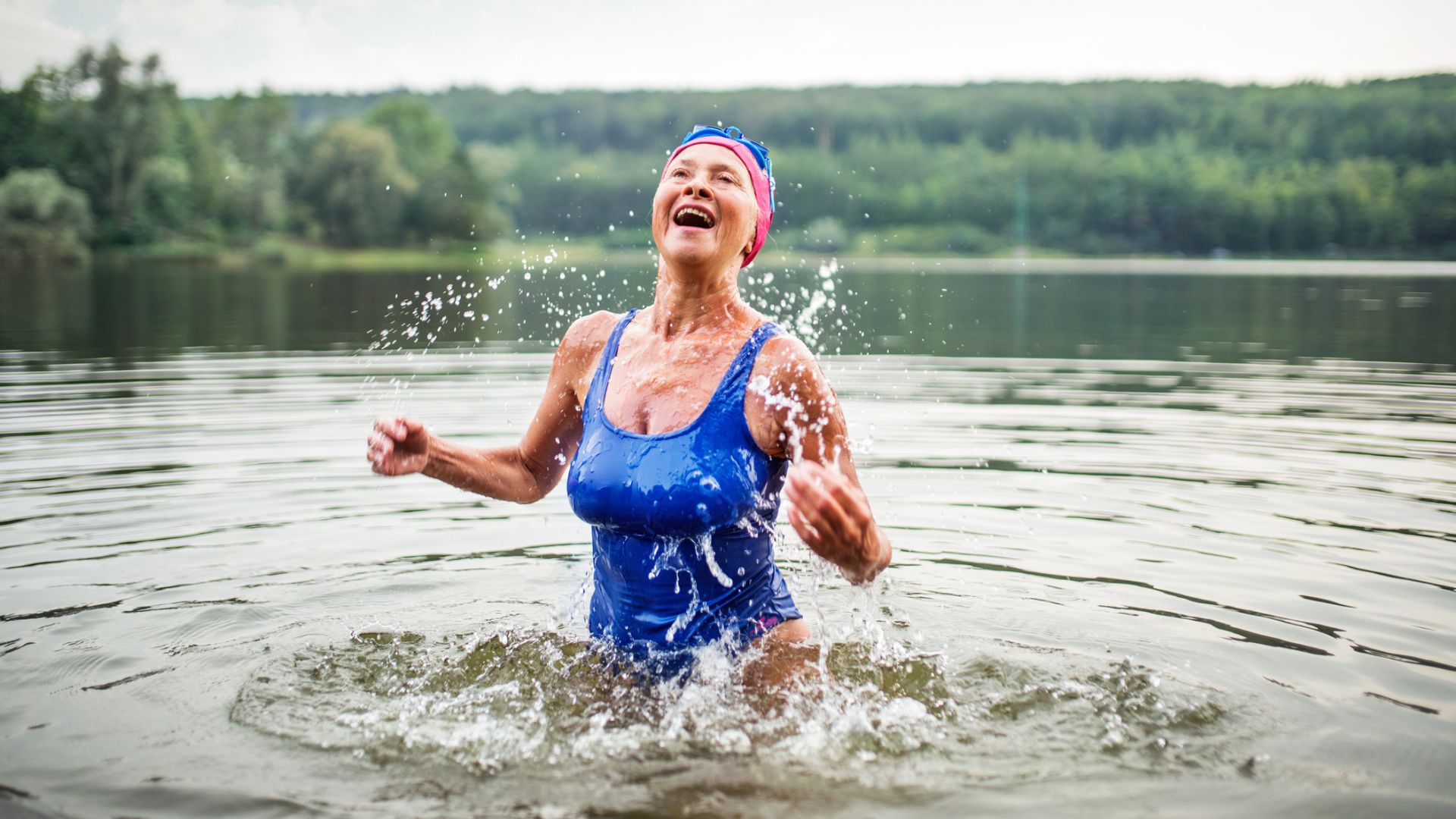
Every personal trainer, no matter their speciality, will tell you to do exercise you actually enjoy. The number one way to make progress with any exercise is to do something you look forward to doing and want to make time for - that way, you'll actually keep up the routine. And when you keep up the routine, you'll see progress.
So, if you don't enjoy running, don't do it. Pick up a secondhand bike and go cycling instead, go hiking, book a session on the tennis court, go to the gym, sign up to a workout class. Find something you do like doing.
25. You should try something new

If you can't find joy in some of the more common forms of exercise like walking, running, strength training, yoga or Pilates, try something new to find an activity you do like.
In the years following the pandemic, there was a huge boom in people's desire to get healthier and exercise. As a result, there are more opportunities to do sport and other activities than ever before. Try pickleball, the sport that's got Americans swept up in racket sports again; padel, the most popular court sport in Spain; rock climbing, the activity that Londoners love; or cold water swimming, the brain-boosting activity made famous in countries like Denmark and Sweden with fans around the world.
26. You don't have to take ice baths

Cold water swimming and dunking might be the must-try activity in recent years, with benefits for our sleep schedule, fat-burning systems, and the immune system - but you don't have to do it to be a healthier person.
Most personal trainers will tell you it's a matter of personal preference. While many people feel amazing after an icy plunge, not everyone does and you can reap the same benefits with other activities and lifestyle habits.
27. Intermittent fasting is just eating less
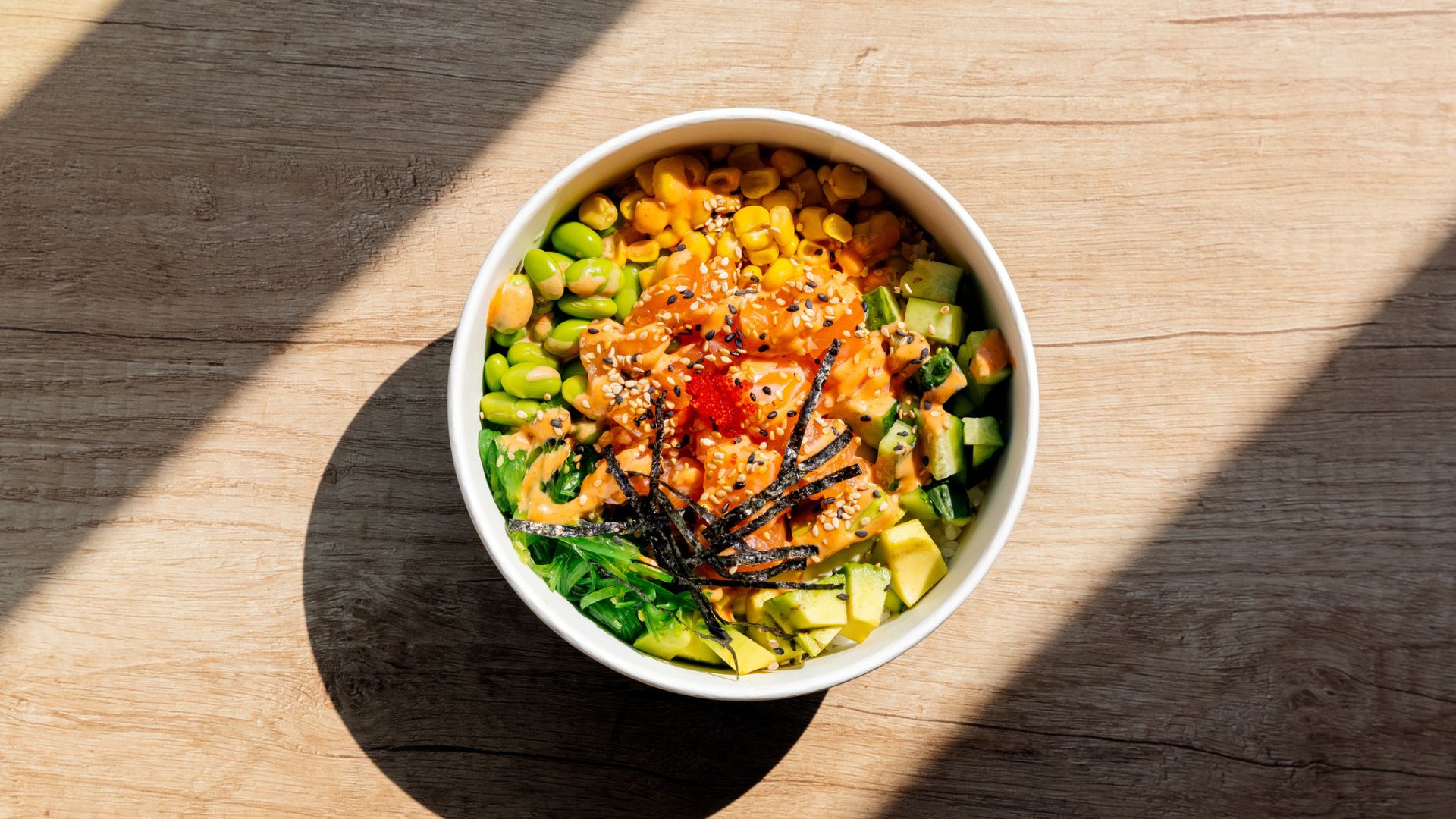
One of the most common myths I hear personal trainers (with nutrition qualifications) speak about is intermittent fasting. This way of eating is promoted as the must-try for weight loss - but it is simply eating less. The time of day you have your meals actually has very little bearing on your body composition over time.
For example, if you have a goal to eat 2,000 calories a day, you can eat those calories between 12pm and 8pm and avoid eating outside of these times (intermittent fasting) or you can eat them between 8am and 10pm. Either way, you're eating the same 2,000 calories. Intermittent fasting works for many people as, psychologically, it prevents many people from eating more calories than this as it reduces the time you have during the day to eat. Of course, exemptions apply. Some people have a medical or religious need to fast during certain times of the day.
28. You should focus on smaller muscles as well as big ones
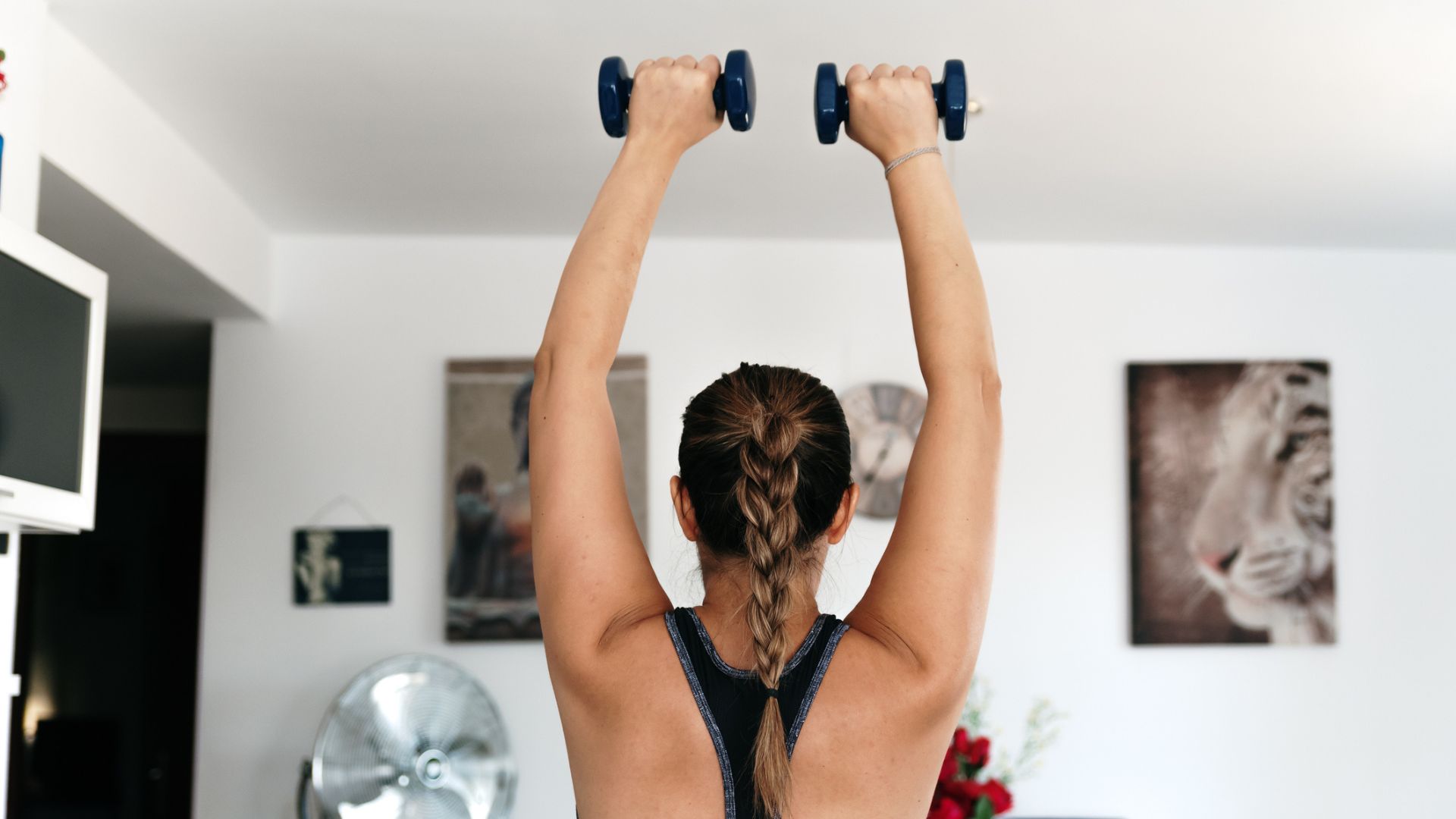
One of the reasons most personal trainers program exercises like hip adduction and abduction movements, bicep curls, leg raises and chest flies in the gym is to target the smaller muscles around major muscle groups like the glutes, quads, and chest.
Whether you do strength training alone or go to the gym to support your other pursuits, like running or cycling, doing exercises that support the smaller muscles is essential for avoiding injury, improving flexibility, and ultimately supporting those all-important larger muscle groups.
30. You should always warm-up before exercising
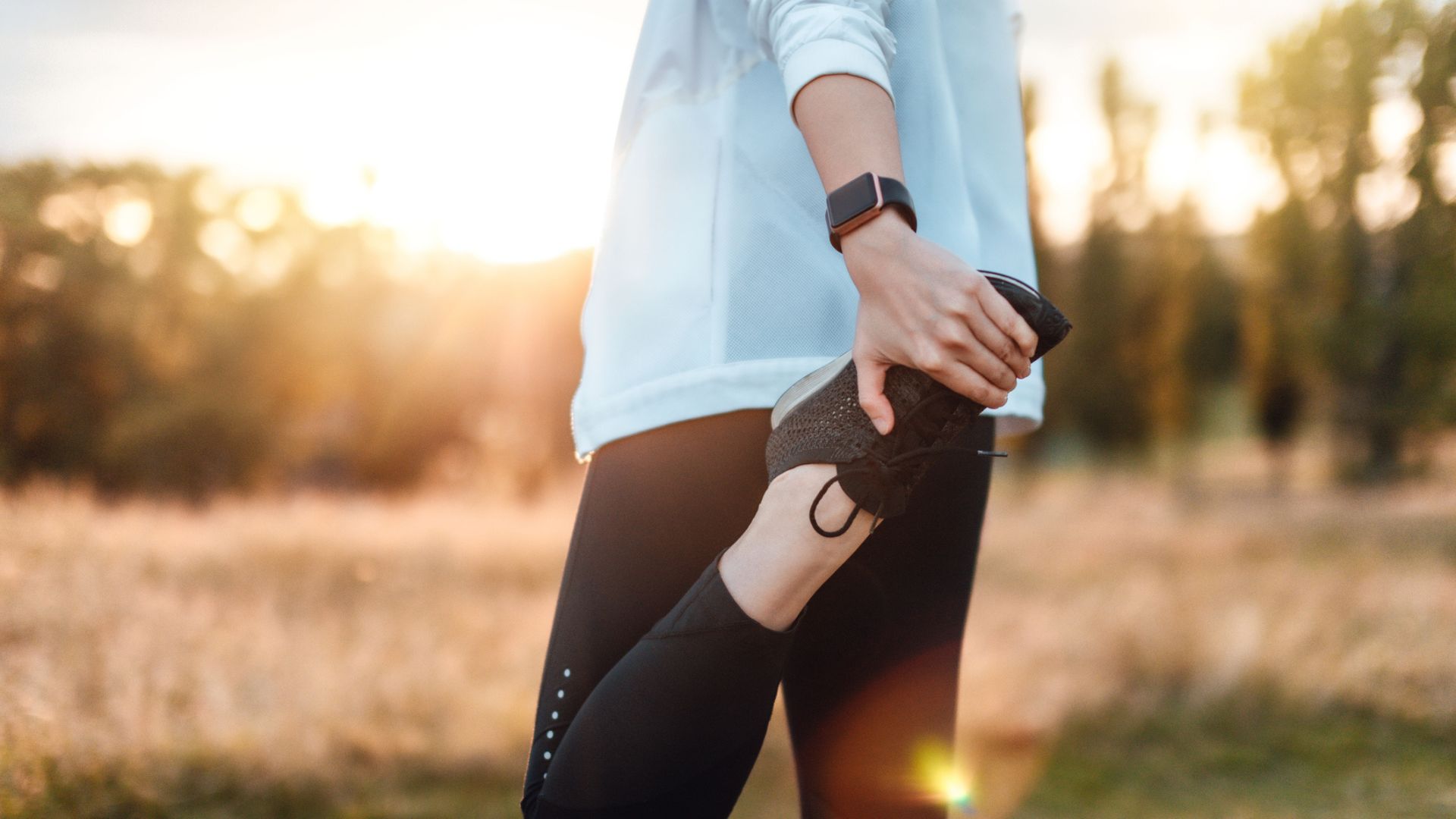
Warming up before exercise involves a bit more than stretching, as most personal trainers will tell you. When preparing to move, whether in the gym, on a yoga mat, or before cardio exercise, you should always incorporate some dynamic stretching into your routine. This includes leg swings, hip circles, high knees, walking lunges, and exercises with a resistance band.
Depending on the intensity of your exercise, you might like to also warm up with some drills. These can help you prepare mentally and physically for exercise. So, for example, drills for tennis might include exercises hitting the ball and lateral movements to prepare for quick changes in direction.
30. You should prioritise mind to muscle connection during strength training
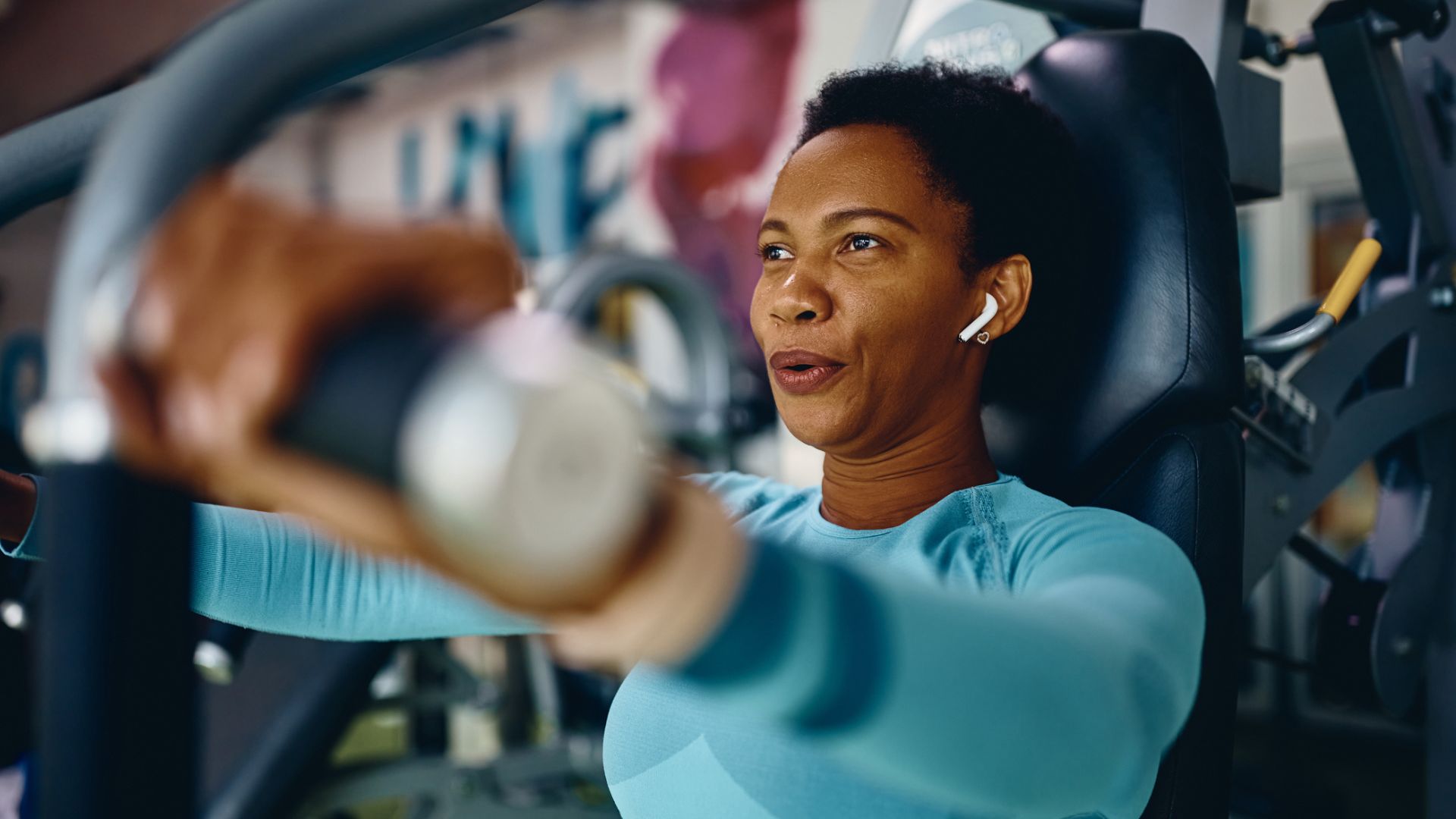
When it comes to strength training, it's often the case of quality over quantity. Doing fewer bicep curls with better form and good mind-to-muscle connection, for example, is better than repping out lots of curls with imperfect form and no mind-to-muscle connection.
Mind-to-muscle connection means bringing attention to your body as you move through the exercise. It also requires you to actively engage the muscle you're using throughout the movement. Research from the University of Valencia shows that if you can do this successfully, you're more likely to see progress, quicker.
31. You should never exercise on an empty stomach
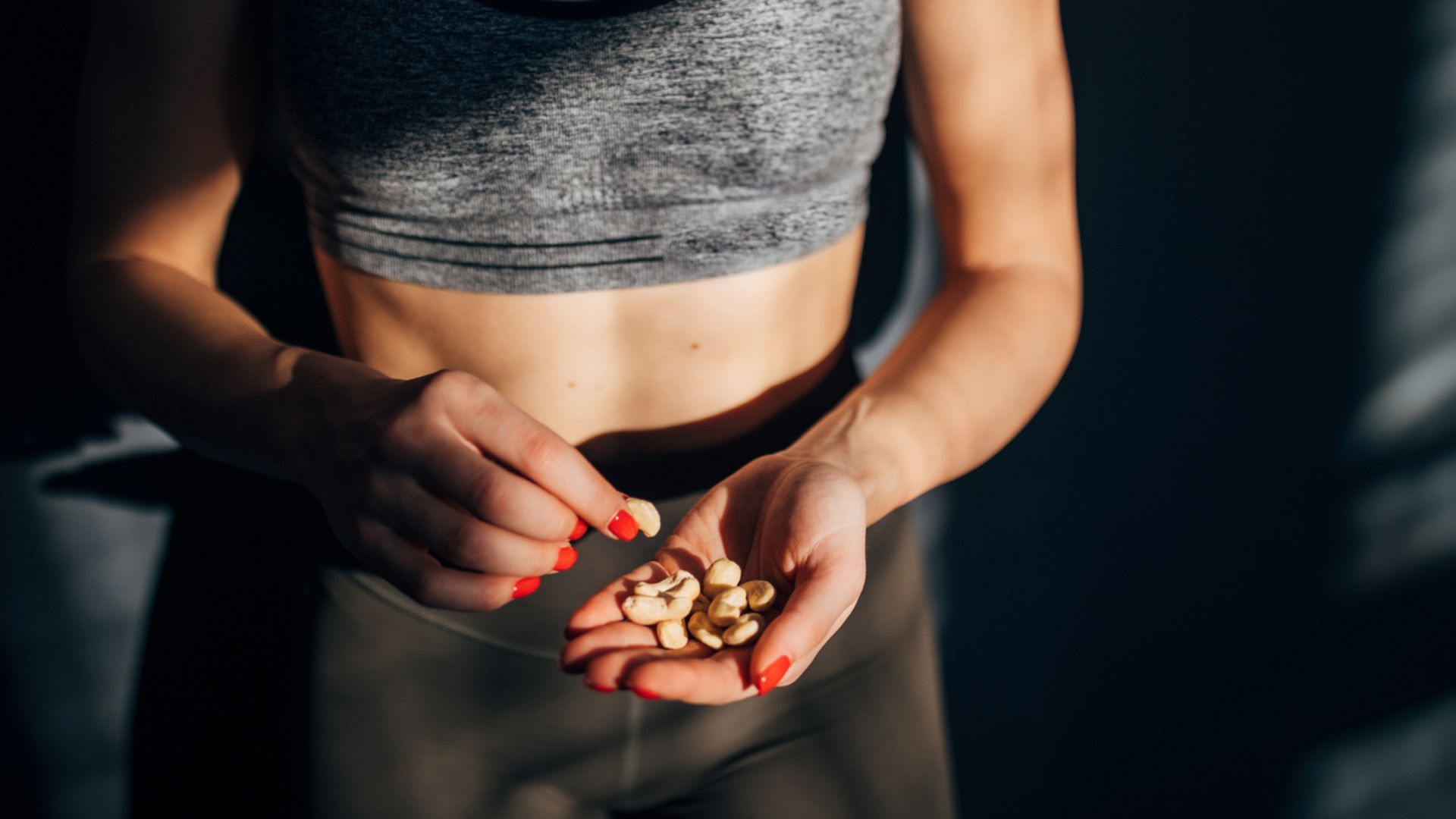
So often our performance in the gym or during an exercise session depends on what happens before the session has even begun. What we eat and drink (or don't) tends to play the biggest role, so personal trainers tend to recommend you never start an exercise session on an empty stomach unless this is usually how you work out.
Exercising in a 'fasted' state can mean you simply don't have enough energy for your workout and it can lead to negative side effects during your session, such as fatigue, dizziness, nausea, and even fainting. A simple snack high in carbohydrates should be more than enough - such as a banana with peanut butter, rice cakes, or a small bowl of porridge.
32. You should avoid eating fibre before a workout

Having enough energy for your workout is essential to see you through with enough energy, but having lots of fibre before your workout is a big no-go. Most personal trainers will warn against this due to the effect fibre can have on the gastrointestinal system. We'll leave it at that.
Instead, have a snack high in carbohydrates with a small amount of protein. This should keep you energised for your session.

Grace Walsh is woman&home's Health Channel Editor, working across the areas of fitness, nutrition, sleep, mental health, relationships, and sex. She is also a qualified fitness instructor. In 2025, she will be taking on her third marathon in Brighton, completing her first ultra marathon, and qualifying as a certified personal trainer and nutrition coach.
A digital journalist with over seven years experience as a writer and editor for UK publications, Grace has covered (almost) everything in the world of health and wellbeing with bylines in Cosmopolitan, Red, The i Paper, GoodtoKnow, and more.